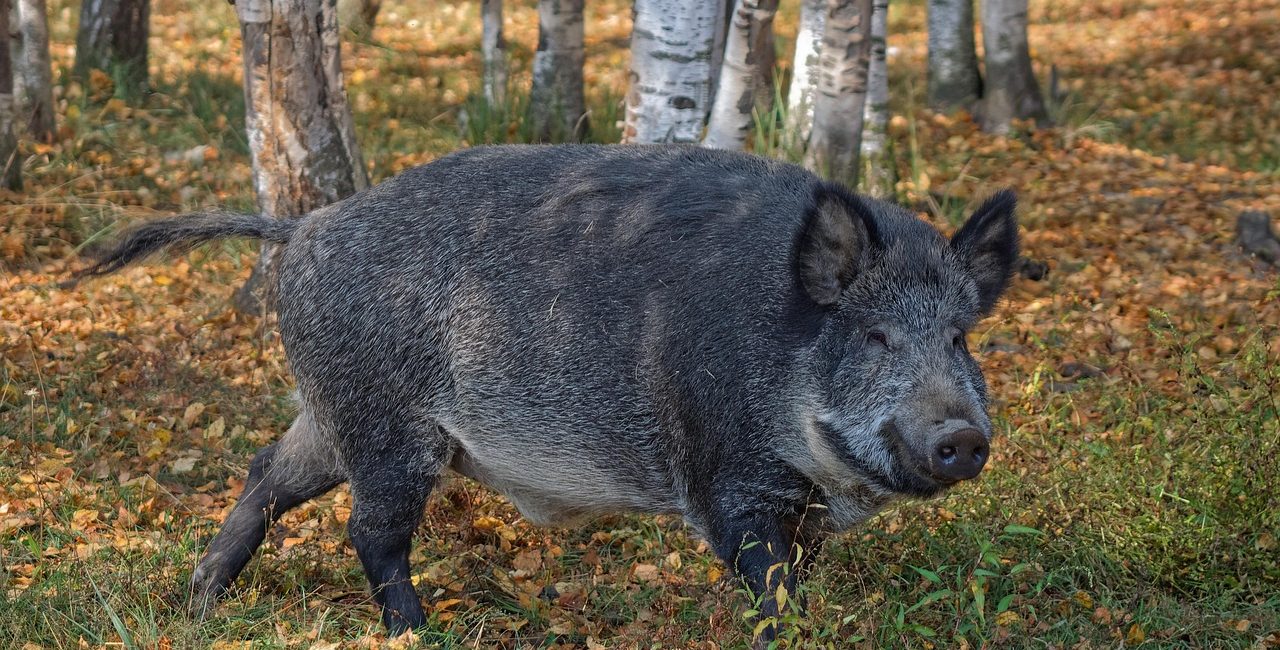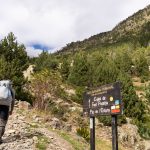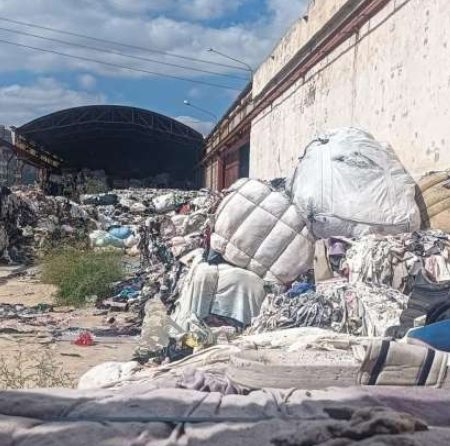The Unió Llauradora (The Working Union) has told the Ministry of the Environment that they need to give more money to help control the wild boar population in municipalities where there are too many of them. The lack of funds has resulted in the exclusion of 15 towns in the Valencian Community. The Unió will also get in touch with all parliamentary groupings to ask them to send a written or oral inquiry to the Parliament to support a non-legislative proposal to raise the budget.
This help goes to 105 municipalities in Valencia: 63 in the province of Valencia, 25 in Castellón, and 17 in Alicante. The planned budget of €900,000 has reached its limit, leaving out 15 municipalities. Even though they match the technical and administrative standards, they won’t be able to get help since they don’t have enough credit, which is €112,033.58.
In the province of Valencia, there are the towns of Algemesí, Ayora, Benigànim, Guadassuar, Macastre, Oliva, Utiel, and Venta del Moro. In the province of Alicante, there are the towns of Ondara, Orba, Polop, and Xixona. In the province of Castellón, there are the towns of Betxí, Càlig, and Xilxes. These local governments are mostly in areas where wild boars are having a bigger effect on crops, roadsides, and rural infrastructure. Such damage causes big economic losses and makes road and health safety more of a concern.
La Marina Plaza has already said that eight villages in the Marina Alta have gotten help worth more than €57,000. Llíber, Dénia, El Verger, Xaló, Pedreguer, Benissa, Vall d’Alcalà, and Benitatxell are some of these towns. But Ondara, which wanted a €3,960 grant, and Orba, which wanted €2,400, were not included.
Because of this, and because controlling wildlife, especially wild boar, is both strategic and urgent for the long-term viability of farming and the protection of the natural environment, the Unió has asked the Ministry of the Environment for an extraordinary increase in the budget for the 2025 financial year of at least 112,000 euros. This is to cover the 15 municipalities that were not included in the call for proposals because they did not have enough money, thus ensuring equal treatment and the effectiveness of the wildlife control policy.
It has also asked that the 2026 budget program greatly enhance the amount of money set up for wild boar management aid so that all of the requests may be met. These requests are expected to keep coming in. The group also wants the list of towns with excessive populations to be reviewed again, particularly those that have previously experienced confirmed harm to their farms on multiple occasions.
LA Unió thinks this kind of help is important to stop the economic, environmental, and social decline that comes from too many wild boars, and to build a sustainable, coordinated, and preventative management model that includes local councils, hunting groups, and the agricultural sector.
Three ways to help
Through three lines, the program involves both direct hunting and control efforts, as well as infrastructure, waste disposal, and logistical assistance. The first one pays for direct control efforts. These include assistance with controlling wild boar in regular hunting regions, such as hiring individuals to perform all wild boar control tasks using various hunting methods and cages for capturing wild pigs.
The second stream of funding is designated for purchasing the necessary resources for control efforts. These include help with controlling wild boar in hunting reserves, such as hiring people to do all of the wild boar control work and employing any hunting method and cages to catch wild boar. Lastly, the third stream of finance helps with getting rid of carcasses and running extra facilities.









No Comment! Be the first one.